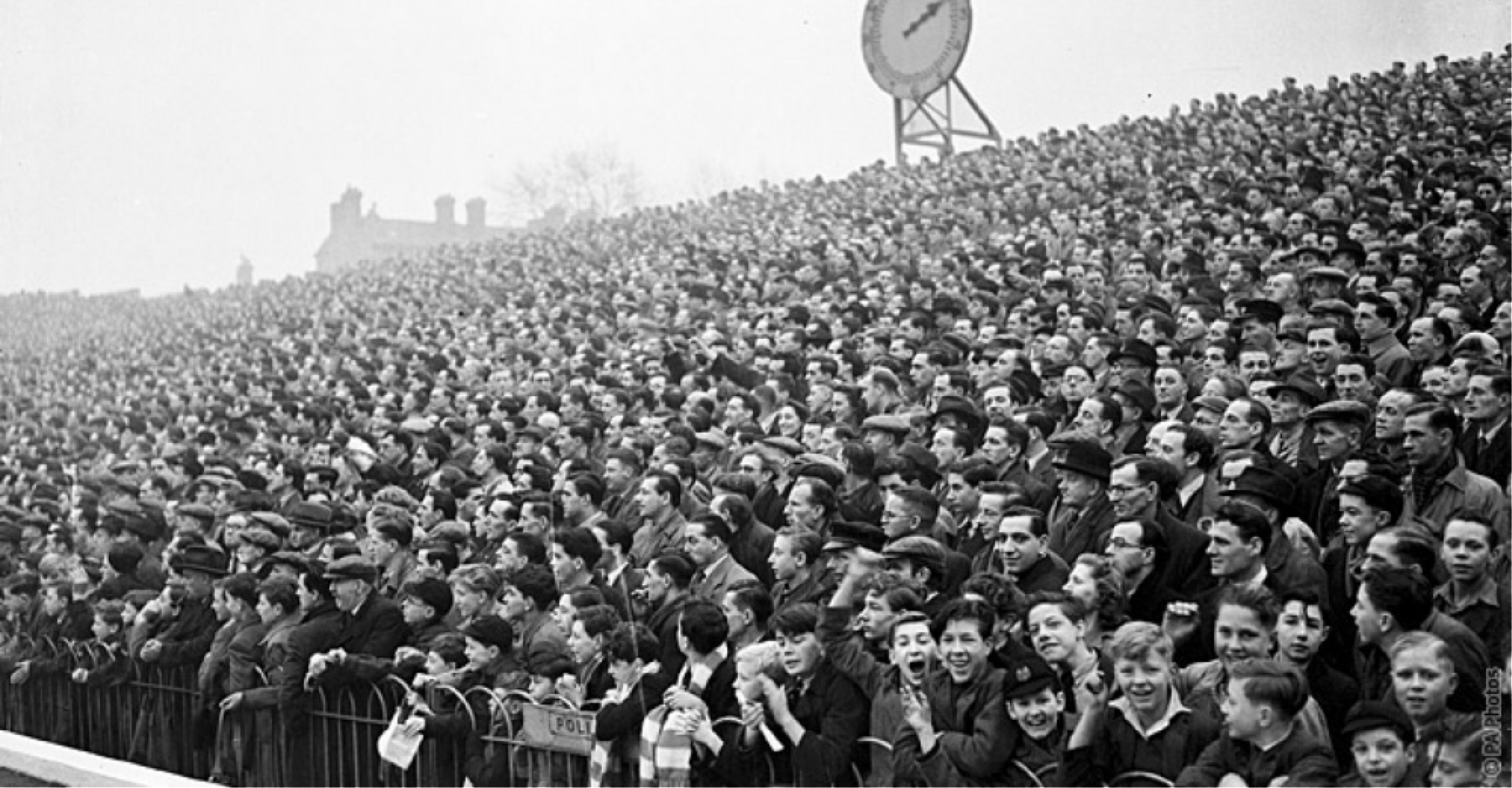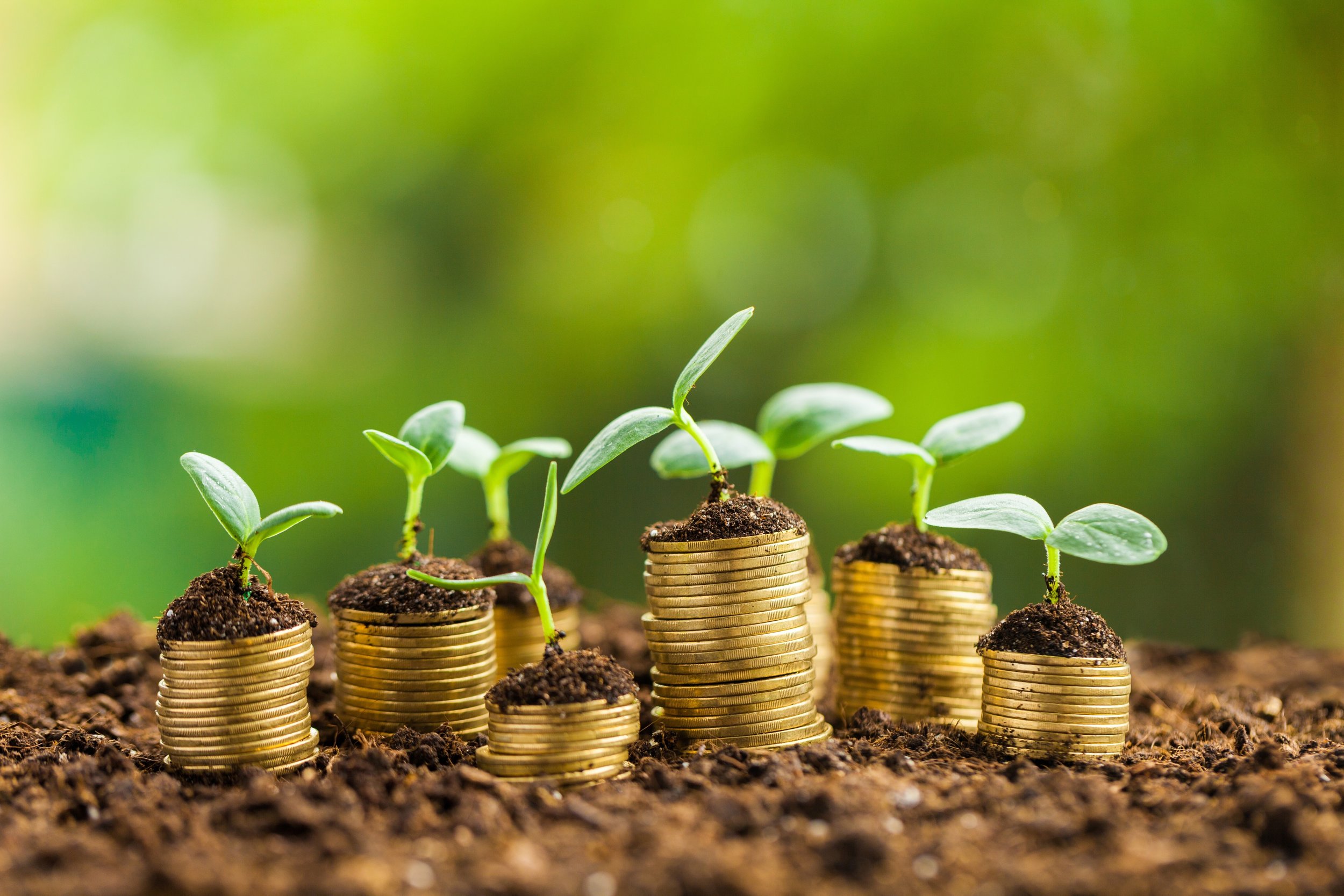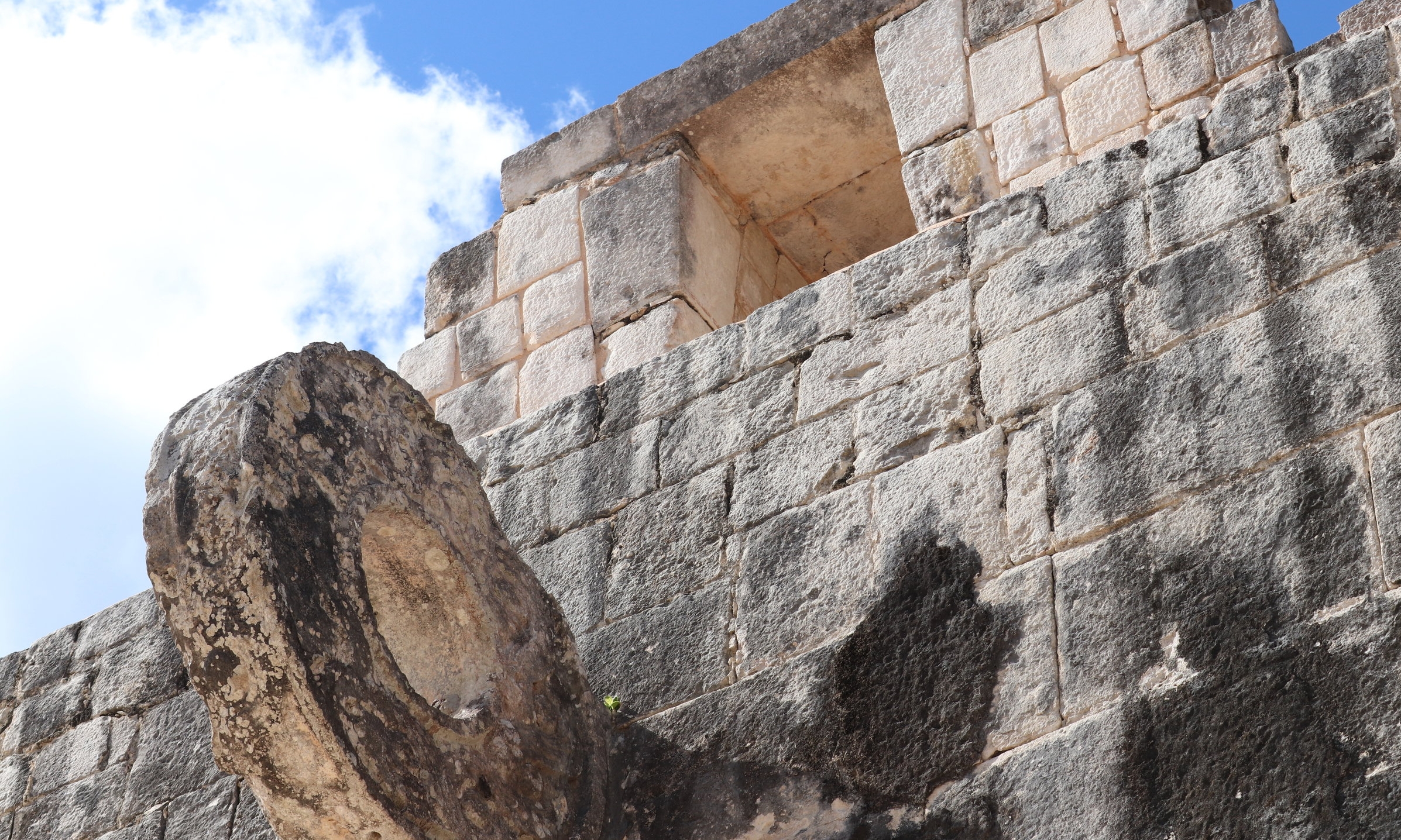Sports bring humankind together.

Passion
We are passionate about sports, iconic architecture, and sustainable development.
Sports bring humankind together, and therefore we believe that stadia, as the most seen and visited buildings on earth, should serve as role models for the best practices in sustainable development.
Planet
Juego de Pelota’s commitment is to develop sustainable sports infrastructure that meets the needs of the present without compromising the ability of future generations to meet their own needs.

In each stadium we develop, we aim to reach LEED (Leadership in Energy and Environmental Design) Platinum Certification, the highest globally recognized symbol of sustainability achievement
People
“Where the crowds gather history is made.”
– Spiro Kostow
(from The Stadium, Architecture for the New Global Culture, by Rod Sheard).

Juego de Pelota’s commitment to social sustainability is to develop successful sports infrastructure that supports social and cultural life, as well as the development of healthy and livable communities.
Stadia are the buildings where we gather to celebrate, sometimes to suffer, to endure drama, to witness human achievement, and create memories for life. Such magic and emotional places should be accessible to everyone.
Juego de Pelota enthusiastically implements the best practices of Universal Design, as we believe stadia should be inherently accessible to the greatest extent possible for everyone, regardless of their age, ability, or social status.
Prosperity
Stadia are expensive to build, and most are not economically sustainable for their cities.
Juego de Pelota’s sustainable economic model offers cities and sports clubs to invest as little as possible (or not invest at all) in the construction of their new stadium through mutually beneficial agreements.

Prosperity for cities. Juego de Pelota partners with cities to develop sustainable stadia that instead of being an economic burden, become a powerful economic engine for cities, generating jobs, attracting tourism, and serving its communities 365 days a year as cultural and innovation hubs.
Prosperity for sports clubs. Juego de Pelota partners with sports clubs to develop the infrastructure they need to generate the best stadium experience for their fans and sufficient revenues for the clubs to successfully compete at their leagues and internationally.
Juego de Pelota works to develop venues capable of offering, in a comfortable and safe way, amazing and unforgettable experiences.
Innovation Hub
A key component of our model is to include into stadia beautiful, functional, thoughtfully designed office space for small businesses, and co-working spaces for entrepreneurs where the environment nurtures creativity and encourages collaboration.

Common stadia are the least used buildings on earth. Most days of the year (when there is not an event), they’re empty, abandoned and useless.
Our holistic and sustainable approach takes into consideration the needs of the community beyond sports, integrating the stadium as part of a mixed-use building that serves its community in many ways every day of the year.
Depending on each city’s specific needs and the site’s vocation, we explore to include into the stadium government offices, schools, hotel, restaurants, cultural infrastructure, and an essential component: an innovation hub.
We believe entrepreneurs, freelancers, small and medium-sized businesses fuel economic growth. They create jobs, provide services people need, and innovate to improve our lives.
Our vision is to measure the success of a stadium, not only for the great memories of sports feats lived there, there but also for the number of good ideas entrepreneurs developed there.
About
Juego de Pelota (it means ballgame), also known as the Mesoamerican ballgame, is a sport with ritual associations played since 1400 BC. It is the oldest continuously played sport in the world.
In the Postclassic period, the Mayans began placing vertical stone rings on each side of the court, the object being to pass a rubber ball through them.






